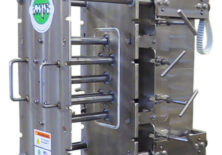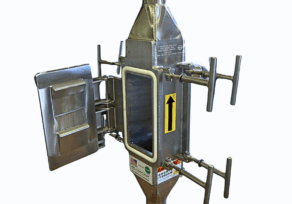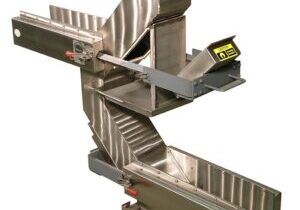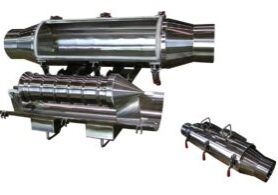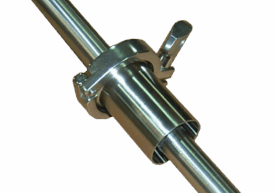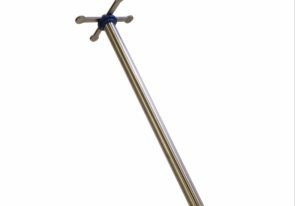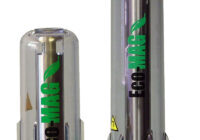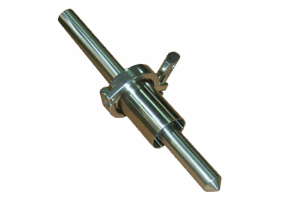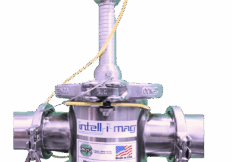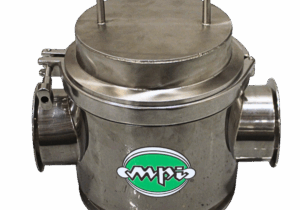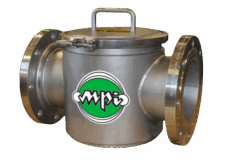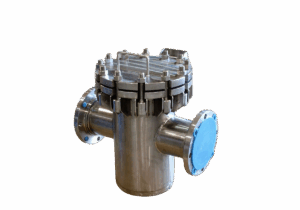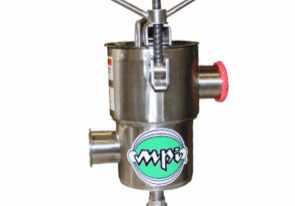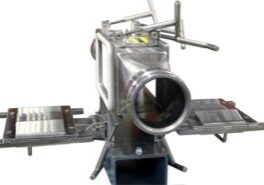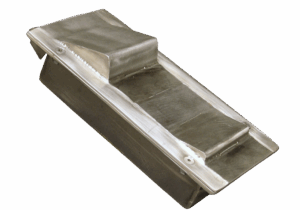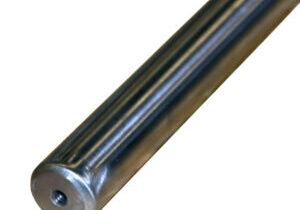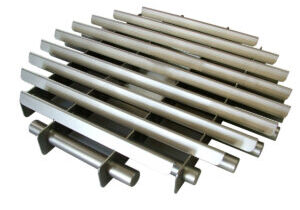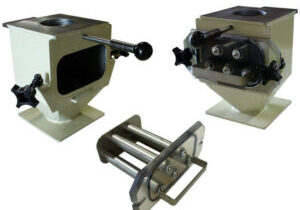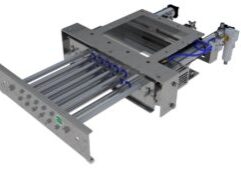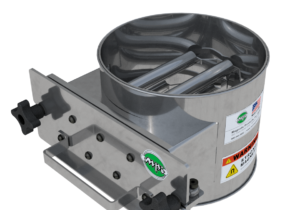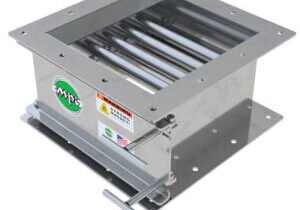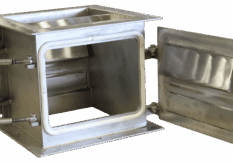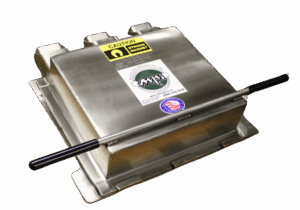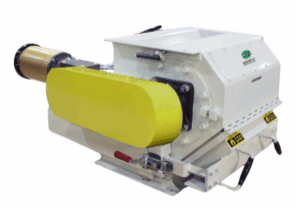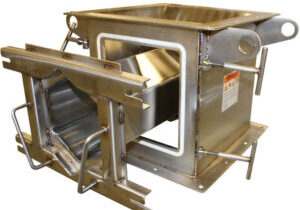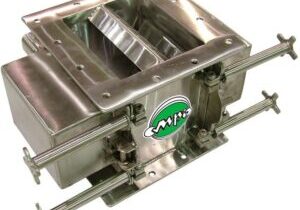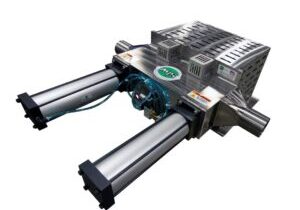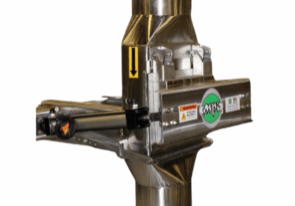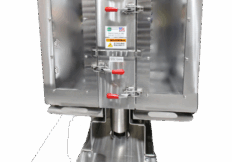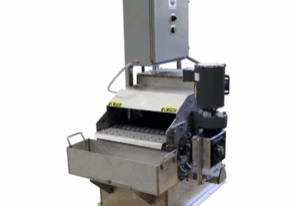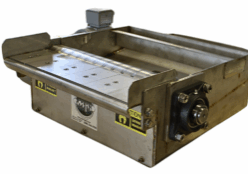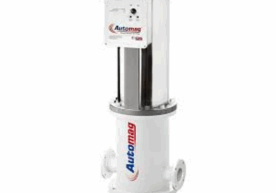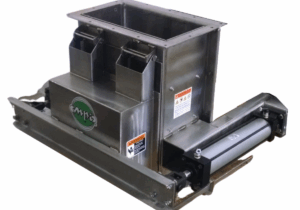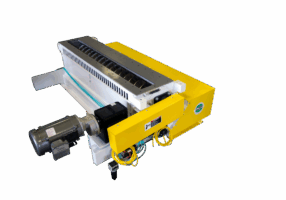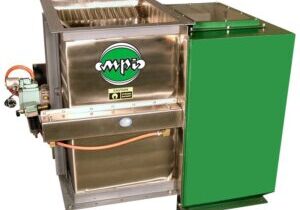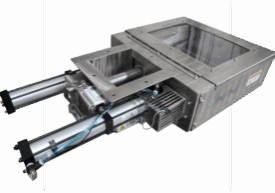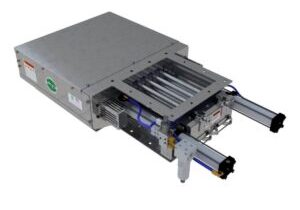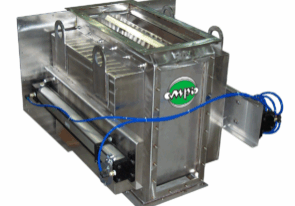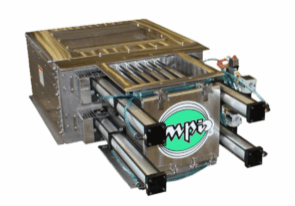MPI Magnetic Cleaning Types: Overview and Detailed Guide
Magnetic cleaning is the process of removing ferrous contaminants from materials using magnetic separators or filtration systems. MPI designs magnetic cleaning solutions to match different material flows, contamination levels, and process requirements, each with unique features, benefits, and best-fit applications. MPI’s magnetic cleaning options let you choose the right balance of cost, labor, sanitation, and uptime.
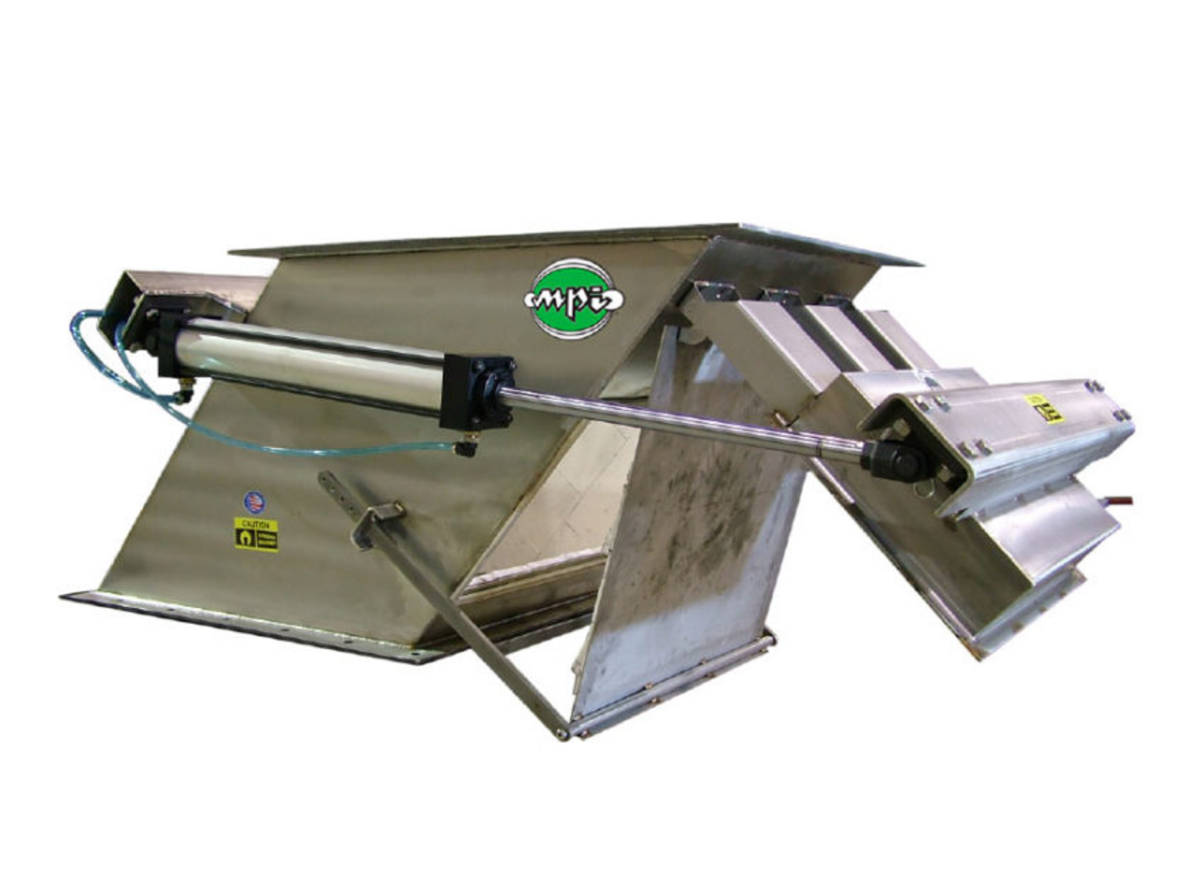
At-a-glance Cleaning Type Comparison and Key Differences
| Type | Cleaning Method | Labor Required | Ideal For | Benefit |
|---|---|---|---|---|
| Manual-Clean | Wipe or pull off the metal by hand | High | Low-volume, batch checks | Budget-friendly for light or occasional cleaning. |
| Quick-Clean | Slide-off sleeve of cartridge | Low | Moderate sanitation, frequent cleaning | Faster, safer sanitation for moderate flows. |
| Self-Cleaning | Auto-clean cycle or continuous purge | Minimal | High-volume, continuous production | Hands-off protection for nonstop systems. |
| Continuous Self-Cleaning Magnets | Metal is automatically wiped or scraped off and discharged without stopping flow. | Minimal | Continuous, High-Speed Lines | Demanding bulk solids, grains, or powders in food, feed, and industrial processes. |
| Self-Purging (Liquids) | Auto purge waste stream | Minimal | High-pressure liquid or slurry lines | Inline liquid filtration with no process downtime. |
Benefits, Considerations, and Use Cases for MPI Magnet Cleaning Types
Manual-Clean Magnets
Description
These magnets collect ferrous particles on their surface or cartridges until the operator manually wipes or pulls the collected debris off. Common designs include grate magnets, tube magnets, plate magnets, and handheld magnetic tools.
Key Features & Benefits
- Simple, cost-effective solution for low to moderate contamination.
- No external power is required.
- Easy to install and maintain.
- Low upfront cost and minimal downtime.
Considerations
- Requires manual labor for cleaning.
- Best for applications with infrequent cleaning cycles.
- Not ideal for continuous or high-volume operations.
Use Cases
- Small-batch food or ingredient bins.
- Quality control checks for bag dump stations.
- Spot-checking finished goods or raw materials.
Quick-Clean Magnets
Description
Quick-Clean designs allow operators to clean the magnet faster and more hygienically than manual-wipe types. The magnetic cartridges or elements are enclosed in a sleeve that slides off, instantly removing trapped metal for easy disposal.
Key Features & Benefits
- Speeds up cleaning time — reduces downtime.
- Enhances worker safety and product sanitation.
- Ideal for sanitary or frequent cleaning requirements.
- Minimal tools or labor needed for cleaning.
Considerations
- Slightly higher upfront cost than manual cleaning.
- Still requires operator attention and periodic cleaning scheduling.
Use Cases
- Food and dairy ingredient pipelines.
- Nutraceutical powder lines with strict hygiene rules.
- Bulk bag unloading or gravity-fed process chutes.
Self-Cleaning Magnets
Description
Self-cleaning designs automatically remove trapped ferrous debris on a set cycle or continuously during operation. Internal cleaning mechanisms, like wiper seals, air cylinders, or rotating drums, transport the collected metal to a discharge chute without stopping the process.
Key Features & Benefits
- Continuous, automated metal removal.
- Minimizes manual labor and maximizes uptime.
- Supports 24/7 high-volume production.
- Consistent metal separation performance.
Considerations
- Higher capital investment and installation planning.
- May require air supply or simple controls integration.
- Needs regular inspection of seals and moving parts.
Use Cases
- Large pneumatic or gravity flow systems in grain and feed milling.
- High-speed food or bulk solids processing.
- Aggregate, mining, or abrasive bulk handling.
Continuous Self-Cleaning Magnets
Description
MPI’s Continuous Self-Cleaning magnets (like the CFDMU and DSH) deliver uninterrupted magnetic protection while automatically cleaning ferrous contaminants from the process stream — without requiring shutdown. These advanced units use a multi-zone or dual-stage design that continuously isolates and discharges captured metal while the product continues to flow at full production speed. This ensures peak separation efficiency at all times, making it ideal for high-volume, 24/7 operations where downtime is not an option.
Key Features & Benefits
- Continuous protection with uninterrupted product flow, even during cleaning cycle
- Minimizes manual labor and maximizes uptime
- Ideal for continuous, high-speed lines - designed for demanding bulk solids, grains, or powders in food, feed, and industrial processes.
- Robust design for minimal maintenance and consistent metal control
Considerations
- Highest capital investment and installation planning
- Larger than other non-continuous cleaning magnet types
- Requires air supply and simple controls integration
Use Cases
- Lines that must run 24/7 with no planned stops.
- Lines with high levels of metal contamination that require frequent cleanings.
- Perfect for bulk solids, grains, flour, feed, plastic pellets, or abrasive powders in high-throughput plants.
Self-Purging Magnetic Filters (for Liquids)
Description
For liquid and slurry applications, MPI’s self-purging magnetic filters (like the AutoMag) automatically collect and purge fine ferrous particles without process interruption. Clean, filtered fluid circulates while collected metal is expelled to a separate bin.
Key Features & Benefits
- Continuous flow with no downtime for cleaning.
- High capture efficiency for fines and weakly magnetic debris.
- Reduces consumable filter costs.
- Enhances equipment lifespan (pumps, nozzles, valves).
Considerations
- Requires system integration and purge waste handling.
- Higher initial investment than manual or cartridge traps.
- Best suited for high-pressure or critical process lines.
Use Cases
- Precision coolant filtration in CNC machining.
- High-pressure paint recovery lines.
- Industrial lube or wash fluid systems.

